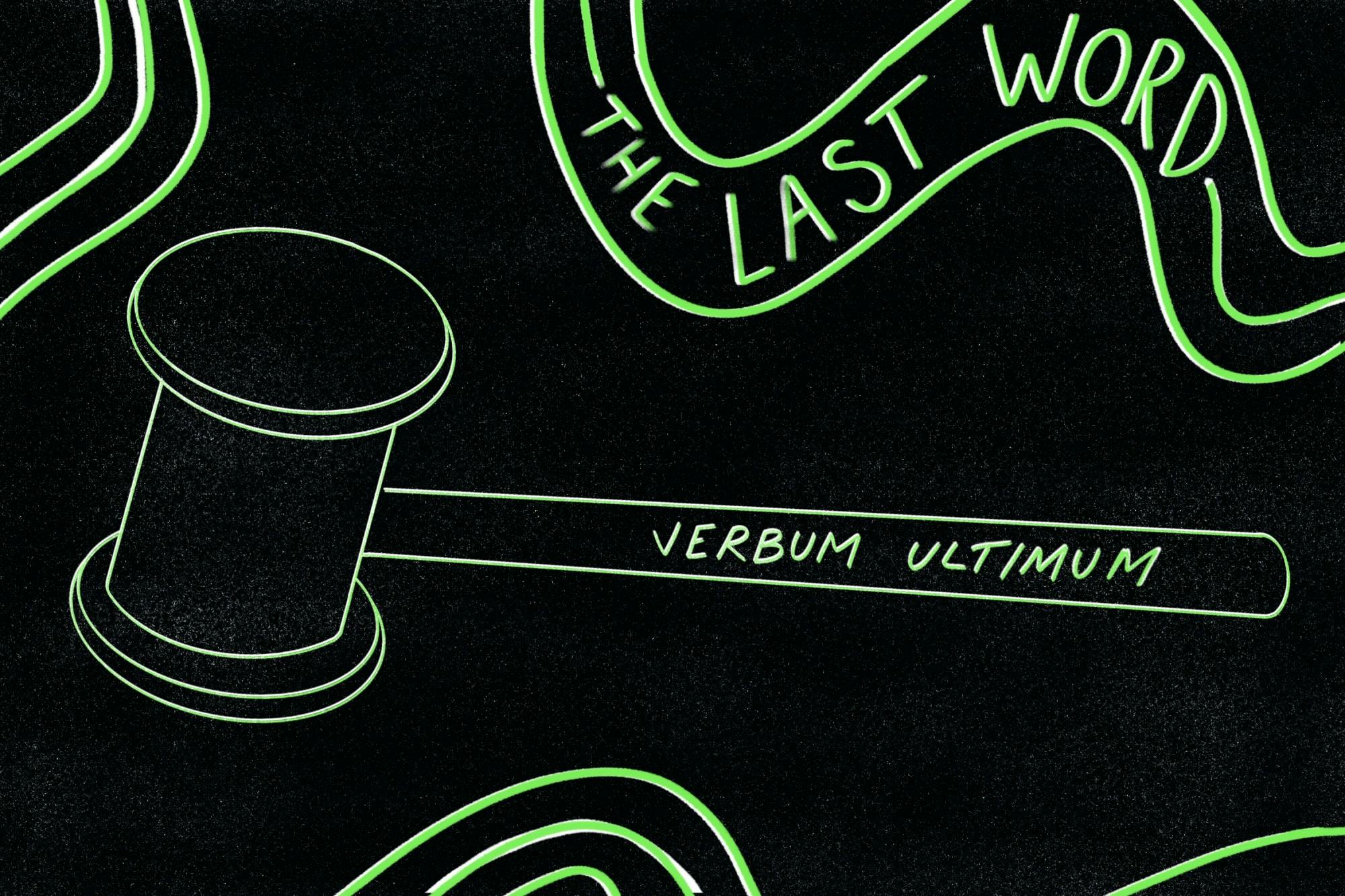The snow has melted, the sun is out and the flowers are beginning to blossom: Spring has arrived in the Upper Valley.
This spring has been a particularly important one for Dartmouth as most students are back in Hanover. After six terms of remote learning, campus-wide mental health challenges and the deaths of four classmates, this spring, above all else, presents a critical opportunity to redefine and strengthen our campus community.
Bringing students back to Dartmouth and rekindling our long-lost sense of community has been a key goal throughout this year. At the start of the fall term, the Editorial Board recognized the importance of successfully harmonizing this campus after pandemic-era discontinuity. In doing so, we acknowledged that community is not about the efforts of one person or one group of people but all of us “work[ing] together to determine what a post-pandemic Dartmouth ought to look like.” Students have rallied around this lofty goal, making significant progress towards rebuilding our damaged community over the past seven months.
Looking back at the last two terms, we have a lot to be proud of — but also a lot to work on. On the bright side, our time-honored traditions have returned to campus: First-Year Trips in September welcomed the Class of 2025, Homecoming in October brought together generations of past and present Dartmouth students and Winter Carnival in February offered us all a bright spot to light the way during an otherwise dreary winter term.
Despite these successes, however, we are far from rebuilding our campus culture. During the pandemic and its periods of isolation, many students felt that the “Dartmouth community” was simply some abstract, immaterial idea, typically thrown around by the Admissions Office. However, with the return of in-person gatherings, the lifting of the mask mandate and the return of old traditions, we have come to understand that community can actually mean so much more. While it is impossible — and, perhaps, undesirable — to fully return to pre-pandemic Dartmouth, it is essential that all students actively participate in shaping our long-awaited “return to normalcy.”
Unfortunately, however, this was not the case last term during Winter Carnival. During his post-weekend interview with The Dartmouth, Winter Carnival council chair Chris Cartwright ’21 expressed concern with the shortage of volunteers to run the weekend: “Normally these events and clubs continue through people being aware of how it previously ran, but because of [COVID-19], we had to start from scratch … because so many people haven’t done it before.” Another staffer, snow sculpture chair Cady Rancourt ’24, explained that “[there is a] generational gap where we have almost half of our student population that doesn’t really understand what Winter Carnival is or once was.” As a consequence, some events were left understaffed and others reduced in scope.
The lack of participation in Winter Carnival cannot be discussed without addressing the intense schedules of Dartmouth students. In some ways, the COVID-19 pandemic offered a welcome reprieve from the stressful nature of campus life. However, for better or worse, there is no return to “normal Dartmouth” without the increasingly prominent hustle culture that accompanies student life. In a column last February, Katherine Arrington ’24 described a “culture that has created [a] harmful relationship between individuals and their work, where people will work themselves to pure mental and physical exhaustion.”
Students may simply feel too overwhelmed to devote meaningful amounts of time to the big weekends. However, as Arrington notes, this sort of thinking can do more harm than good: When taken in moderation, social weekends such as Winter Carnival may actually offer students a much-needed break from their otherwise difficult studies. Study after study finds that breaks actually improve focus, result in better performance, boost productivity and lower stress in students — all essential to a campus mired in a mental health crisis.
Green Key offers one such opportunity to take a break from Dartmouth’s rigorous academic calendar and enjoy the traditions that define the College culture. As most alumni will enthusiastically tell you, Green Key is an essential tradition at the College, featuring a full range of festivities: live music, great food and a series of day parties. With only the Class of 2022 having been present for the 2019 celebration, this may present difficulties for events planned and staffed almost entirely by students — as they may not remember much about the 2019 celebration, or, by virtue of being first-years, may not have had a leading role in planning it. In this sense, we are all facing the unknown together and Green Key offers the unique opportunity to develop shared memories as an undergraduate community .
While Green Key is less student-led than Winter Carnival, we encourage every student to see Green Key weekend as an opportunity to bring our community together. Regardless of class year or level of prior experience, there are opportunities for every student to participate, from volunteering for the Collis Governing Board or the Center for Student Involvement to simply enjoying a break to partake in festivities with peers. After all, Dartmouth is more than just a collection of academic buildings; it is also a community that requires our time, attention and care.


